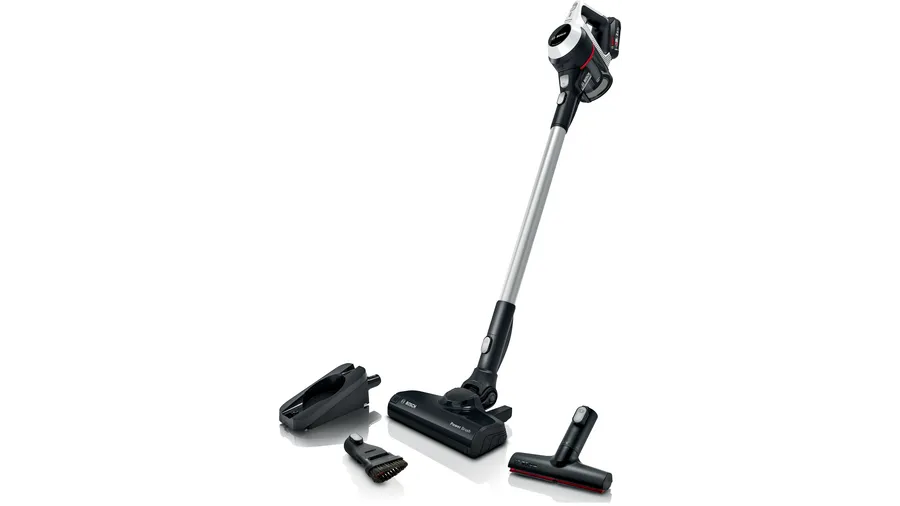Superduner
Established Member
I have been using Dewalt for years because at one time a friend could get really, really good offers on their different tools from the US. Stayed with them until fairly recently, but then tried a Ryobi SDS and then a Worx SDS. Both more than ok for home and semi pro work. The Worx in particular is very nice (and quite sexy looking....I know, I'm a sad, sad old git), and the Ryobi is good for drilling into our local stonework.
I've also got adapters so I can use Dewalt 18v batteries on both the Ryobi and the Worx. The Dewalt batteries are "copies" and I've not had any problem with them. Maybe they don't take as many recharges as the genuine ones, but I think that they will outlast me.
I've also got adapters so I can use Dewalt 18v batteries on both the Ryobi and the Worx. The Dewalt batteries are "copies" and I've not had any problem with them. Maybe they don't take as many recharges as the genuine ones, but I think that they will outlast me.





